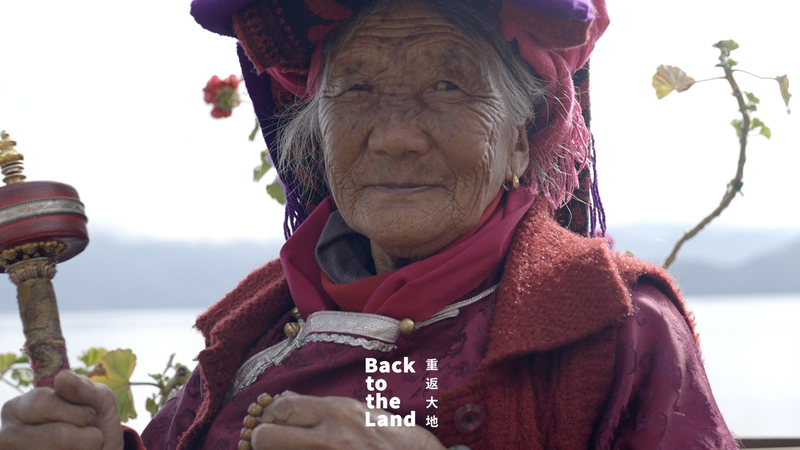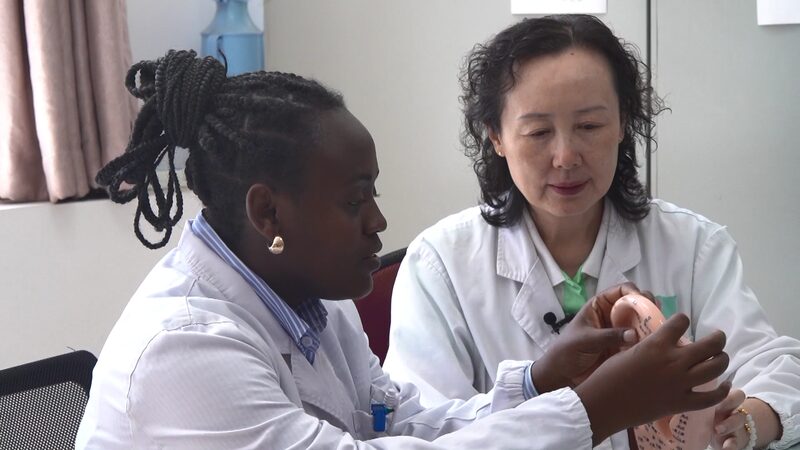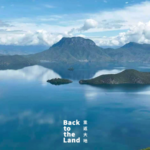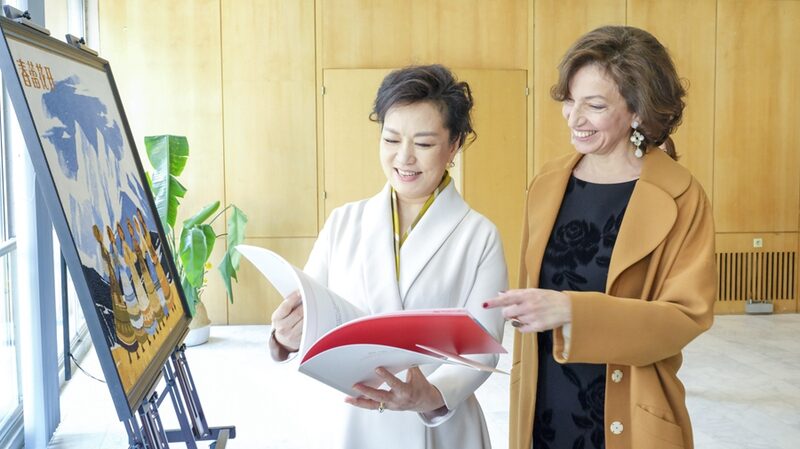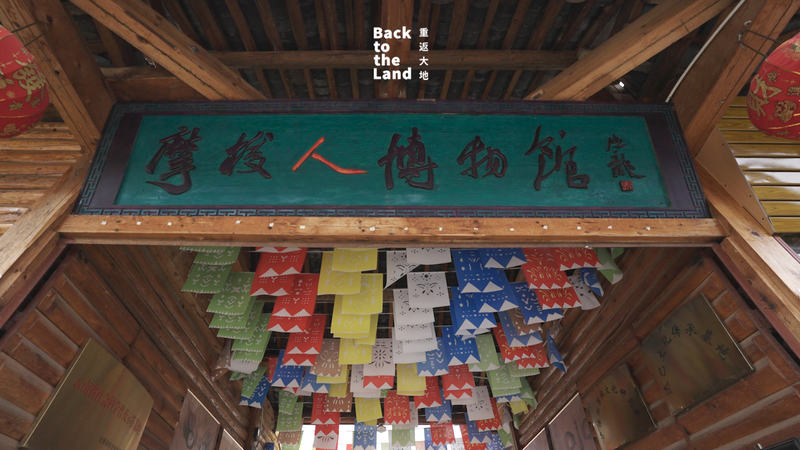Nestled near the mist-covered shores of Lugu Lake in Southwest China, the Mosuo community thrives under a centuries-old matrilineal system where women are the pillars of family and cultural continuity. Known as one of the last matrilineal societies in China, Mosuo women manage households, inherit property, and pass down traditions through maternal lines, offering a unique perspective on gender roles in Asia.
Elders like 78-year-old Droma guide their clans with stories of resilience, while younger women like 24-year-old Yurong balance modern education with ancestral customs. Their vibrant festivals and 'walking marriages'—a system where partners maintain separate households—challenge conventional norms, emphasizing emotional bonds over economic dependency.
Yet globalization and tourism pose challenges. As highways expand and outsiders flock to Lugu Lake, the Mosuo navigate preserving their identity while engaging with the modern world. 'We teach our children our language and songs first,' says Droma. 'Our strength lies in knowing who we are.'
For researchers and travelers alike, the Mosuo exemplify how cultural heritage can coexist with progress—a lesson in harmony from the highlands of Yunnan.
Reference(s):
cgtn.com
